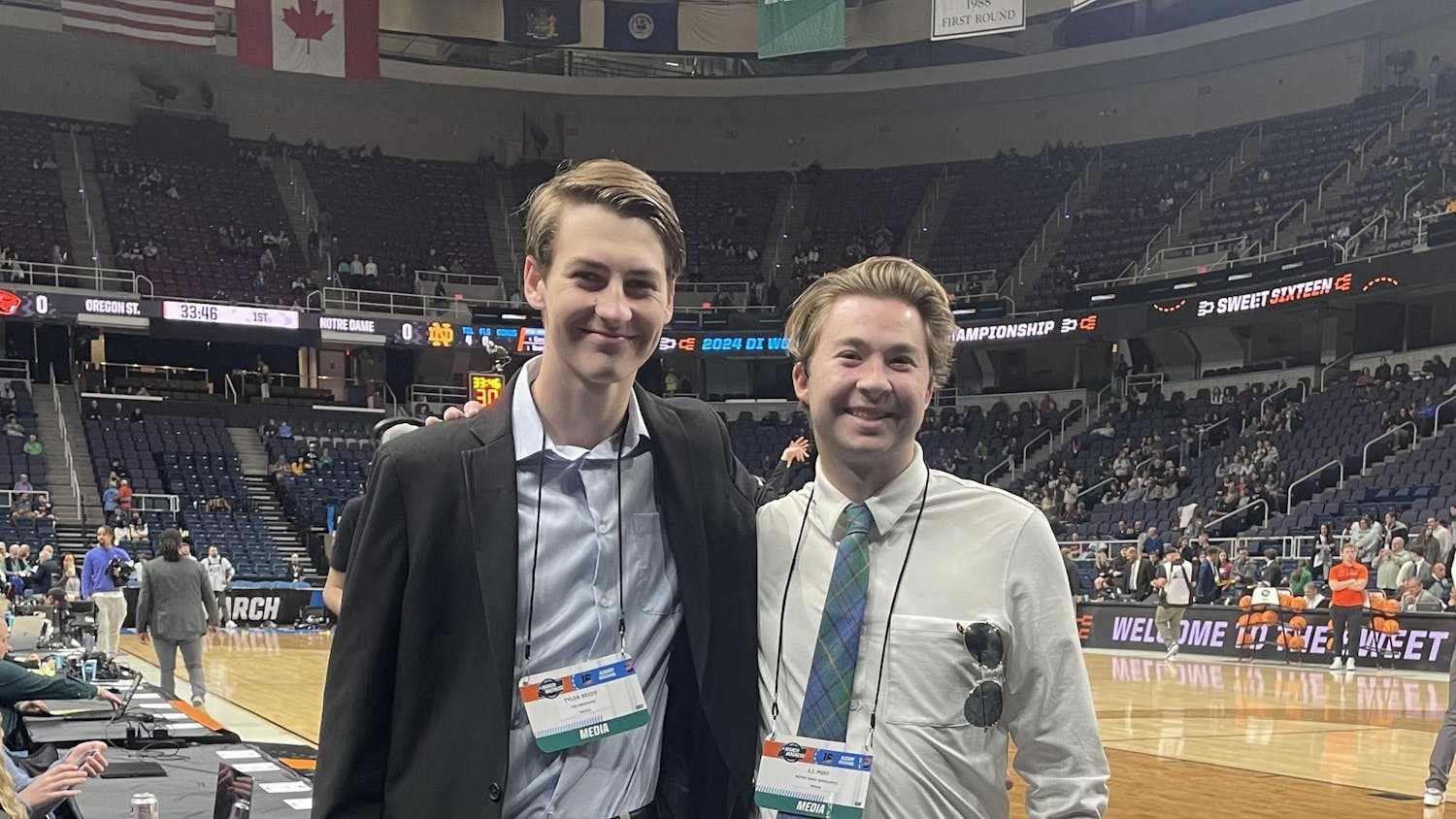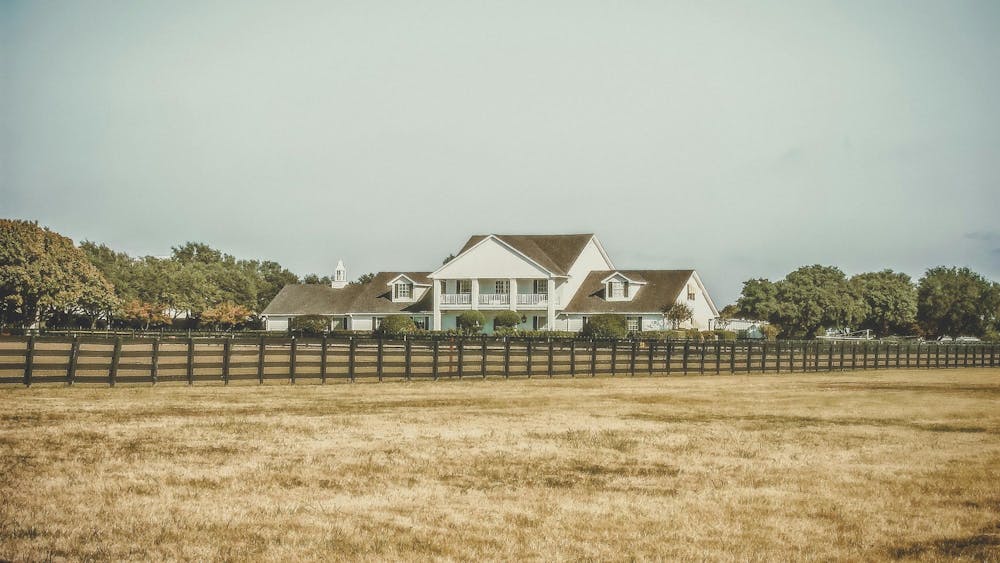I belong. I belong to the this University (even after graduation). I belong to this nation. I belong. It isn’t something I’ve always felt confident about, this sense of belonging. Although born and raised in the United States, I grew up with an acute awareness that my last name, Fernandez, marked me as different. It was being told, “you look Spanish,” even though my olive skin and dark hair come from my Italian-Maltese mother. It was being asked, “so did your family come here legally?” when talking about my immigrant father. It was the whisper in the back of my head telling me the only reason I got into Notre Dame was because I checked off “that box.” Often, I tried to deal with this differentness by owning it, by turning it into a source of pride. I bragged about my Dad, who went from sleeping on a park bench to becoming COO of Cadbury Chocolates, who sent three children to college after spending some of his first paychecks on replacing the wedding rings his parents were forced to leave behind in Cuba. I told stories about my Abuela and Abuelo, who lied to the Cuban government so that they could flee to freedom in the United States. I showed off in Spanish class, proud of my seemingly flawless accent and prior knowledge. Every Thanksgiving, I endeavored to make my friends jealous with descriptions of delectable platanos, empanadas, ropa vieja and arroz con frijoles. The problem with all these measures is that they could never get rid of the feeling that it wasn’t enough. Because although my accent was good, I spoke English at home and learned my Spanish in the classroom. My last name was “Furnanndez” and not “Fairnaandez,” with English and not Spanish vowel sounds. Although my Dad and abuelos faced poverty and discrimination, I grew up in a privileged environment. I loved Cuban food, but knew nothing about Cuban culture aside from what ended up in my stomach. Guilt filled me when I thought about having benefitted from Affirmative Action when I didn't even consider myself Hispanic enough to deserve it. Torn between two cultures, I felt as if I never fully belonged to either. I was too white to be a “real” Hispanic, but too Hispanic to be considered “fully” white. I kept most of this to myself. The uncertainty remained an unanswered question mark lurking inside my heart, buried underneath the joys and sorrows of the present moment. And then the election happened. And then people were saying to build a wall to keep out the “bad hombres.” And then people were howling to keep out political refugees lumped into the same category as suicide bombers and terrorists. And then the black and white of Trump’s rhetoric brought the question mark back to the surface. I identified with the political refugees who, like my abuelos and my Dad, were desperate to escape the violence and despotism in their homeland. I empathized with the Hispanic immigrants who merely wanted to give to their families the opportunities my Dad gave to me. But then, I identified with conservative Christians who have had their beliefs about abortion consistently ridiculed. I empathized with those who wanted a government that regulated less and cared more, given my family’s history in Cuba. Slowly, I realized that my inability to identify with one group or the other was a strength, an antidote to the negativity generated by this election. If we have learned anything from this election, we have learned how powerful a motivator fear can be: fear of the other, fear of the unknown. These fears have caused many in our country to believe that building walls, both physical and metaphorical, is the only solution. These are fears I know all too well. They are the same fears that caused me to build walls between my identities, to see them as separate and irreconcilable entities. However, it is in breaking down these walls that I have come to feel a sense of belonging stronger than I have ever had before. My mixed and messy heritage is a symbol of exactly what Trump is seeking to snuff out: the gloriously confusing melting pot that constitutes America’s greatest strength. I am the “both/and” that Trump doesn’t believe can exist. Both white and Hispanic. Both a patriot and a believer in open borders. I belong because I am “both/and,” and so do my brothers and sisters, my fellow humans. Now more than ever, we must embrace the dignity of each individual, and that means embracing the sometimes contradictory and often confusing totality of the human person. If we do not, if we keep building walls, we will soon face the burdens of the world alone. No helping hand will be strong enough to break through the barriers we erect, and no soul will be brave enough to climb our towers of splendid isolation.
Elise Fernandez
class of 2015
Feb. 16













